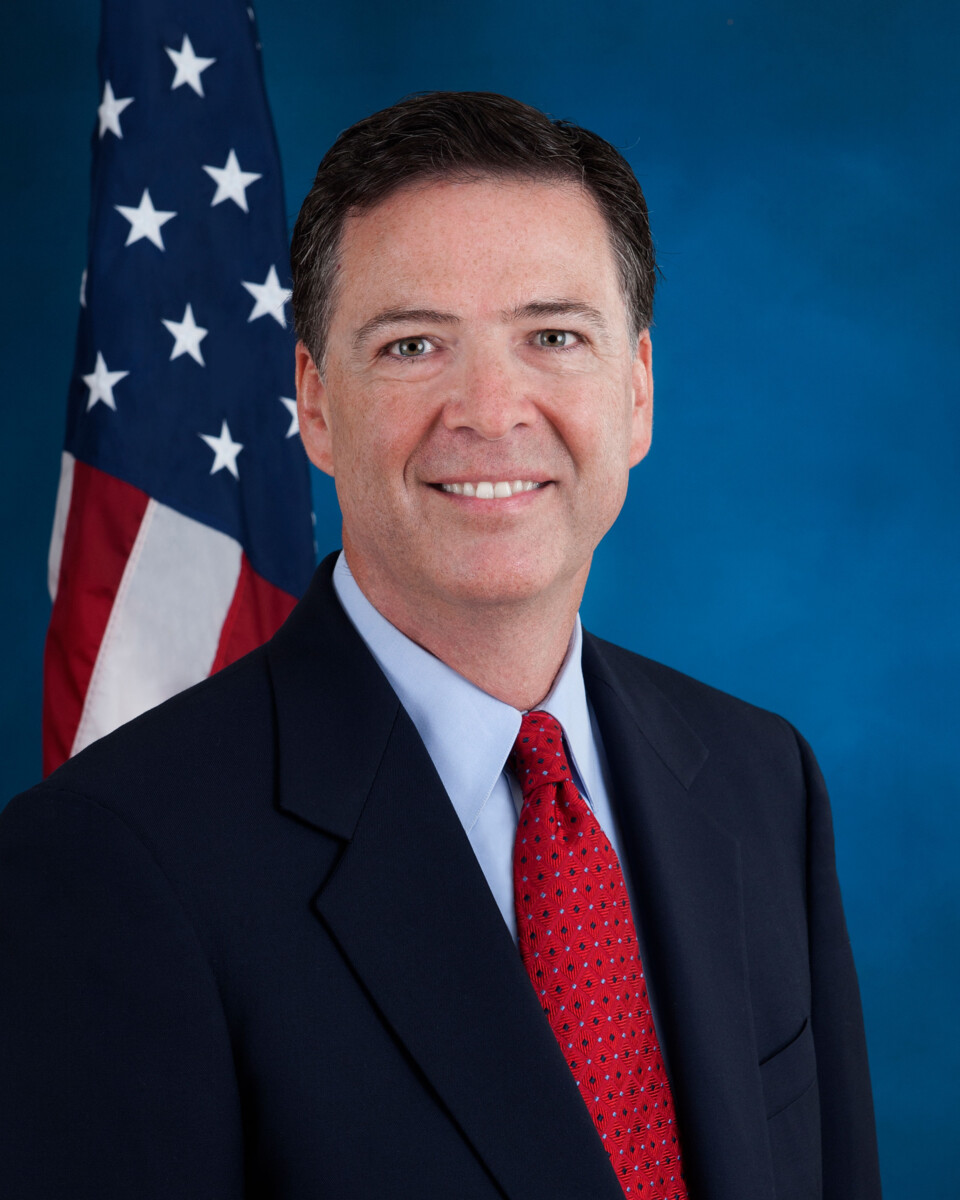
7 Critical Questions About James Comey’s Legal Future That Everyone’s Asking (image credits: upload.wikimedia.org)
The image of a former FBI Director facing potential legal consequences represents one of the most unprecedented moments in modern American law enforcement history. As James Comey navigates this challenging chapter, the nation watches to see how justice unfolds at the highest levels of government.
## The Shocking Reality That Nobody Saw Coming
For decades, FBI Directors have operated with an almost untouchable reputation, wielding immense power while staying largely above the political fray. James Comey’s indictment shatters that perception entirely. The man who once stood at the pinnacle of federal law enforcement now finds himself on the other side of the legal system he once led.
This dramatic reversal raises uncomfortable questions about accountability in our justice system. When those who enforce the law become the subject of legal scrutiny, it creates a ripple effect that extends far beyond any single individual.
## What the Indictment Actually Means
Legal experts are parsing through the charges with surgical precision, but the implications go deeper than courtroom proceedings. An indictment against a former FBI Director represents uncharted territory in American jurisprudence. The charges must meet an extraordinarily high bar given Comey’s previous position and the intense scrutiny surrounding the case.
The timing couldn’t be more significant. With ongoing debates about justice system reform and government accountability, Comey’s case becomes a litmus test for whether high-ranking officials truly face the same legal standards as ordinary citizens.
## The Political Earthquake Nobody Expected
Washington’s political establishment is scrambling to respond to news that seemed impossible just years ago. Both parties find themselves in awkward positions, forced to balance their previous statements about Comey with current legal realities.
Republicans who once criticized Comey’s handling of various investigations now face questions about their consistency. Democrats who defended his integrity must grapple with supporting due process while maintaining their principles. This political chess game affects everyone from senators to presidential candidates.
## Key Legal Challenges Ahead
The prosecution faces several significant hurdles that could shape the entire case:
- Establishing intent beyond reasonable doubt in complex federal matters
- Managing classified information during public proceedings
- Selecting an impartial jury given Comey’s high profile
- Balancing transparency with national security concerns
- Addressing potential appeals that could drag on for years
Each of these challenges requires careful navigation by both prosecution and defense teams, with mistakes potentially derailing the entire process.
## Comey’s Defense Strategy Options
Former prosecutors turned defendants often bring unique insights to their own legal battles. Comey’s team likely has several strategic approaches under consideration, each with distinct advantages and risks.
His legal experience provides both benefits and potential drawbacks. While he understands the system intimately, prosecutors may use that knowledge against him, arguing he should have known better than to engage in allegedly improper conduct.
## Historical Precedents and Their Lessons
| Case | Outcome | Key Lesson |
|---|---|---|
| Watergate Officials | Multiple convictions | No position provides immunity |
| Iran-Contra Figures | Mixed results | Political complexity matters |
| Recent Congressional Cases | Varied outcomes | Public opinion influences proceedings |
These historical cases demonstrate that high-profile political prosecutions rarely follow predictable patterns, with outcomes depending on numerous factors beyond the underlying allegations.
## The Broader Impact on American Institutions
This case extends far beyond one individual’s legal troubles. The FBI’s credibility, already strained by years of political controversy, faces another significant test. Current and former agents watch nervously as their former leader navigates the legal system.
Public trust in institutions hangs in the balance. Americans already skeptical of government accountability will scrutinize every aspect of these proceedings. The outcome could either restore faith in equal justice or deepen existing cynicism about two-tiered justice systems.
- Comey’s indictment represents unprecedented territory for former FBI Directors
- Political implications extend across party lines and affect multiple election cycles
- The case serves as a crucial test of institutional accountability and public trust
The James Comey indictment forces America to confront difficult questions about power, accountability, and justice at the highest levels of government. Regardless of the ultimate outcome, this case will likely influence how we view law enforcement leadership for generations to come.
What does it say about our democracy when those who once enforced the law find themselves subject to its full weight?






